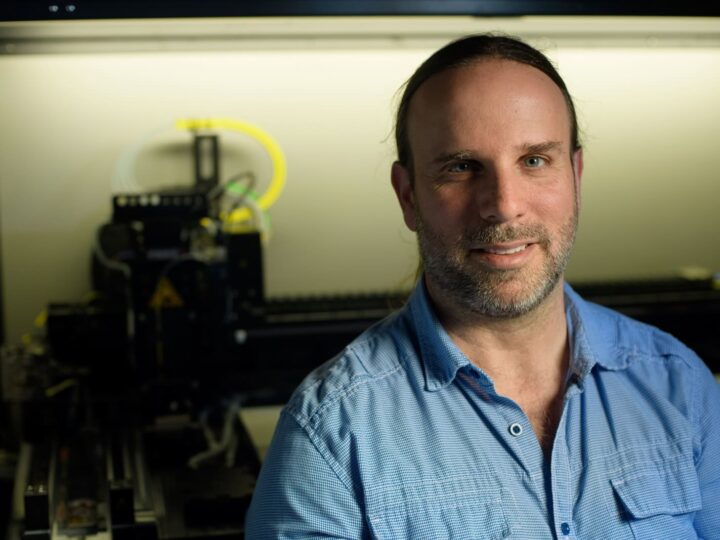Israel’s alternative protein sector is witnessing major growth, as revealed in a new report published by the Israel Innovation Authority, the World Economic Forum and the Good Food Institute Israel.
Alternative proteins are protein sources derived from non-traditional (read: non-animal) means. These include plant-based proteins, cultured (lab-grown) meat and proteins derived from fermentation processes using microorganisms.
In 2023, Israel saw a record high of 15 new alternative protein startups, adding to an already robust ecosystem of over 80 active startups in this sector and more than 200 startups in food technologies.
This rapid expansion has solidified Israel’s position as a global leader in alternative proteins, ranking second only to the United States in private investment.
The report predicts that by 2030, with the help of a strategic national support framework, Israel’s alternative protein sector could grow to over 200 companies and a dozen manufacturing facilities, generating 10,000 jobs and contributing $2.5 billion to the economy through exports, wages and taxes.

Regarding the mainstream adoption of alt-protein, Bruce Friedrich, president and founder of the Good Food Institute, likened alternative proteins to other green technologies such as renewable energy and electric vehicles.
“That’s true in two ways: First, renewables, EVs, and alt proteins are not trying to change the human desire to consume energy, drive, and eat meat; they’re changing the way these products are produced,” he said.
“Second, science and scaling in one part of the world can scale globally, because renewables, EVs, and alt proteins are market-based solutions that — once key challenges are addressed — can shoot up the global adoption curve quickly.”
The report explains that, due to the high capital requirements of alternative proteins, government support is crucial for the sector’s growth. Israel has already taken steps in this direction, and with a well-structured national support strategy, the sector could see significant economic contributions and job creation by 2030.

Dror Bin, CEO of the Israel Innovation Authority, emphasized Israel’s commitment to innovation in the sector.
“Israel’s proactive approach to fostering innovation in alternative proteins reflects our commitment to shaping a sustainable future for generations to come,” he said.
“By investing in applied academic research, fostering innovative startups at every stage and facilitating international collaboration, we are accelerating the growth of Israel’s alternative protein ecosystem.”

















